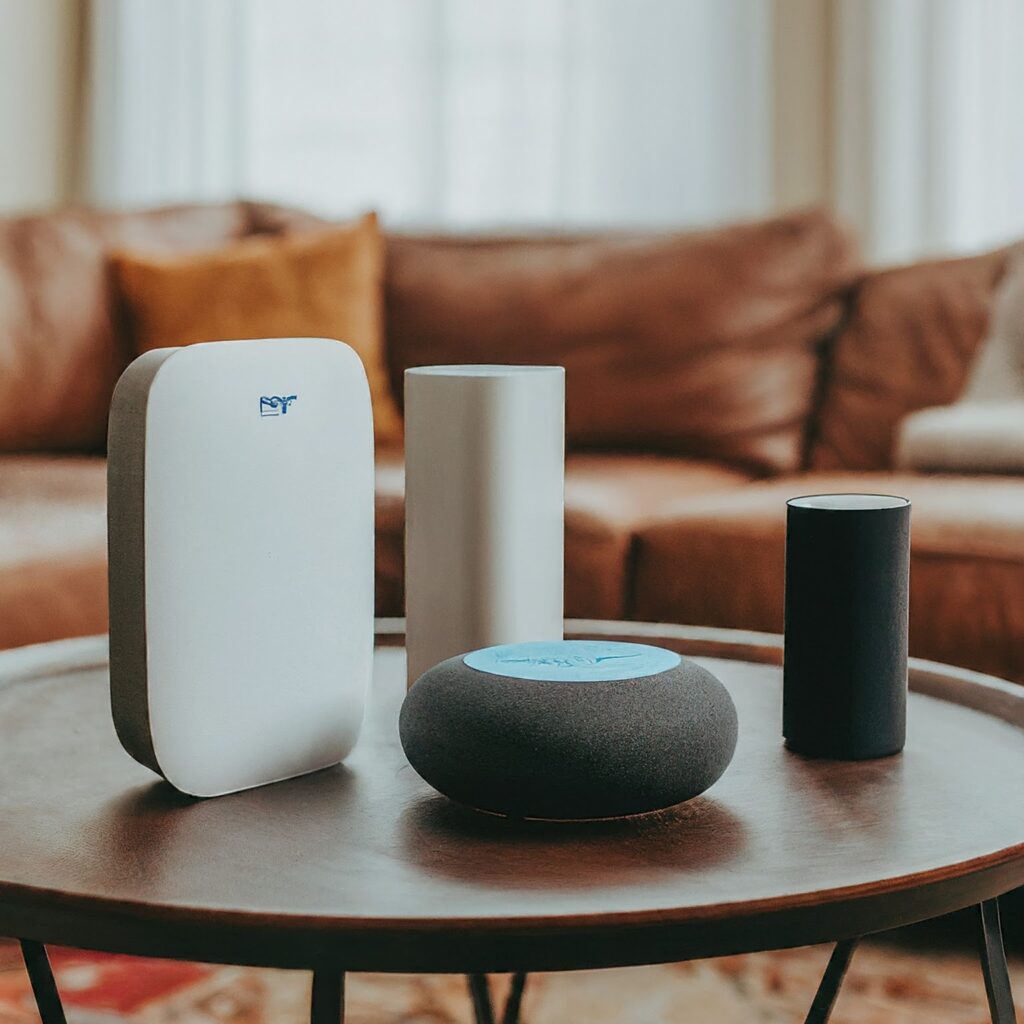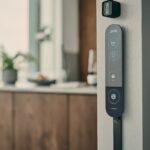
Smart Home Hub Showdown: Which Central Control System is Right for You?
A smart home hub serves as the central nervous system for your connected devices, allowing you to control and automate various aspects of your home. With numerous options available, choosing the right smart home hub can be overwhelming. In this comprehensive guide, we’ll compare the leading contenders and help you determine which one best suits your needs and preferences.

1. Amazon Echo
The Amazon Echo is a popular smart speaker powered by the Alexa voice assistant. It offers a wide range of features, including voice control, music streaming, smart home automation, and access to thousands of skills.
- Strengths:
- Powerful voice assistant (Alexa)
- Extensive device compatibility
- Wide range of skills and features
- Weaknesses:
- Can be limited in certain areas, such as home security
- Requires an Amazon account
2. Google Nest Hub
The Google Nest Hub is a smart display with a built-in Google Assistant. It combines the functionality of a smart speaker with a visual interface, allowing you to control your smart home devices and access information through a touch screen.
- Strengths:
- Google Assistant integration
- Smart display for visual information
- Strong integration with Google services
- Weaknesses:
- Limited device compatibility compared to Alexa
- May not be as powerful for complex automation
3. Apple HomePod
The Apple HomePod is a premium smart speaker designed for Apple users. It offers high-quality audio, seamless integration with Apple devices, and Siri voice control.
- Strengths:
- Seamless integration with Apple devices
- High-quality audio
- Secure and privacy-focused
- Weaknesses:
- Limited device compatibility outside the Apple ecosystem
- Higher price point
4. Samsung SmartThings Hub
The Samsung SmartThings Hub is a versatile platform that supports a wide range of smart home devices. It allows you to create custom automation rules and monitor your home’s energy consumption.
- Strengths:
- Versatile platform with a wide range of supported devices
- Customizable automation rules
- Affordable pricing
- Weaknesses:
- Can be less intuitive to use than other hubs
- May require more technical knowledge
5. Wink Hub 2
The Wink Hub 2 is an open-platform smart home hub that supports a variety of devices. It offers easy setup and customization, as well as integration with popular smart home services.
- Strengths:
- Open platform with support for a variety of devices
- Affordable pricing
- Easy setup and use
- Weaknesses:
- Can experience occasional connectivity issues
- Limited voice control capabilities
Key Factors to Consider
- Compatibility: Ensure the hub you choose is compatible with your existing smart home devices and future purchases.
- Features: Consider the specific features you need, such as voice control, automation rules, and integration with other smart home systems.
- Ease of Use: Look for a hub with a user-friendly interface and intuitive setup process.
- Cost: Compare the upfront cost of the hub and any ongoing subscription fees.
- Security and Privacy: Consider the hub’s security features and how it handles your personal data.
Additional Tips
- Start Small: Begin with a few smart devices and gradually expand your smart home setup.
- Read Reviews: Research different hubs and read reviews from other users to get a sense of their experiences.
- Consider Future Needs: Think about your plans for your smart home and choose a hub that can accommodate your growing needs.
Conclusion
The choice of a smart home hub depends on your individual needs and preferences. By carefully considering the factors discussed in this guide, you can select the best central control system for your smart home.
Click to read more blog posts on IOT: IOT | Byte And Buzz
Are you excited to start your smart home journey? What devices are you most looking forward to integrating into your home? Share your thoughts and questions in the comments below!
- 5G and Smart Home TechnologyThe advent of 5G technology has brought about a new era of innovation and transformation in various industries, including the smart home sector. With its faster data speeds, lower latency,…
- The Future of Work: How 5G is Enabling Remote Work TechnologiesThe way we work is undergoing a significant transformation, and 5G technology is at the forefront of this change. With its high speed, low latency, and massive connectivity capabilities, 5G…
- 5G-Enabled IoT: How Will 5G Power the Internet of ThingsThe Internet of Things (IoT) has been a buzzword in the technology industry for several years, and with the advent of 5G technology, it is poised to become a reality….
- IoT for Home Security: Building a Fortress with Smart DevicesIn today’s world, home security is a top priority. With the rise of technology, smart home devices offer innovative solutions to protect your property and peace of mind. By incorporating…
- Smart Home Hub Showdown: Which Central Control System is Right for You?A smart home hub serves as the central nervous system for your connected devices, allowing you to control and automate various aspects of your home. With numerous options available, choosing…













